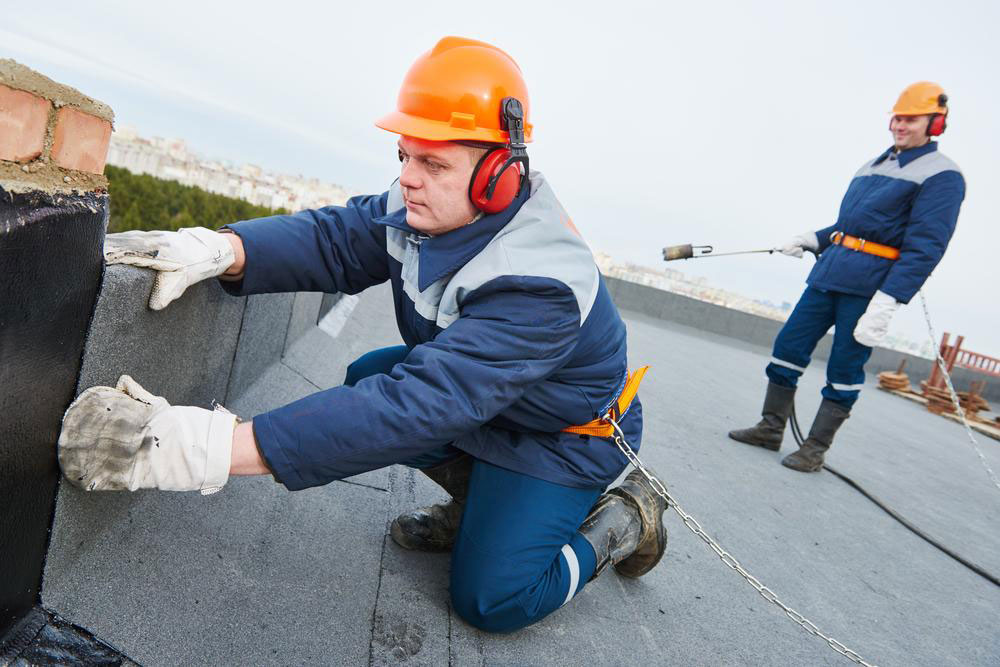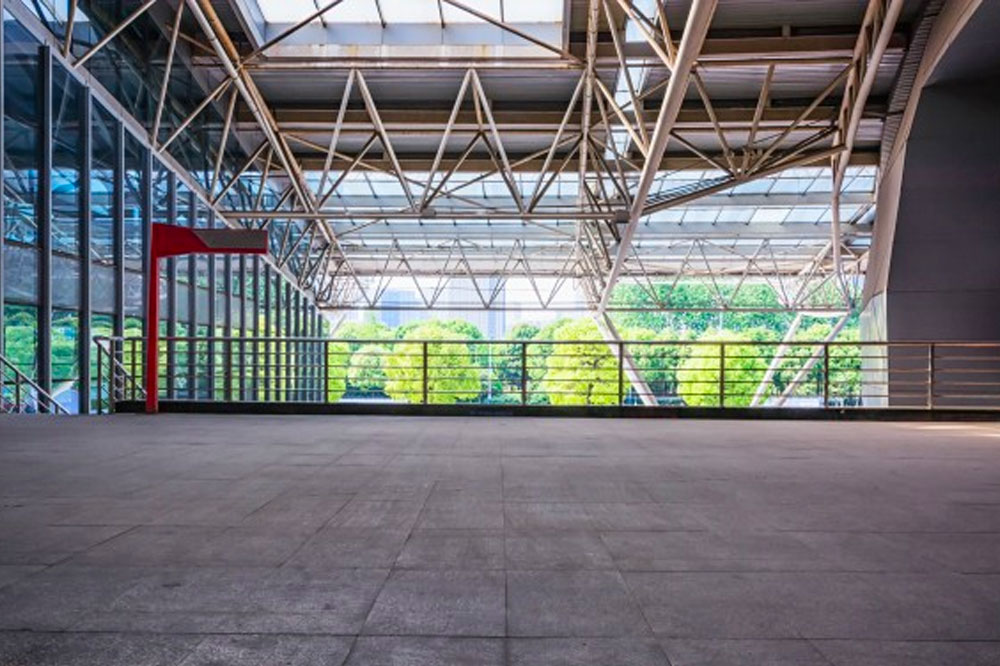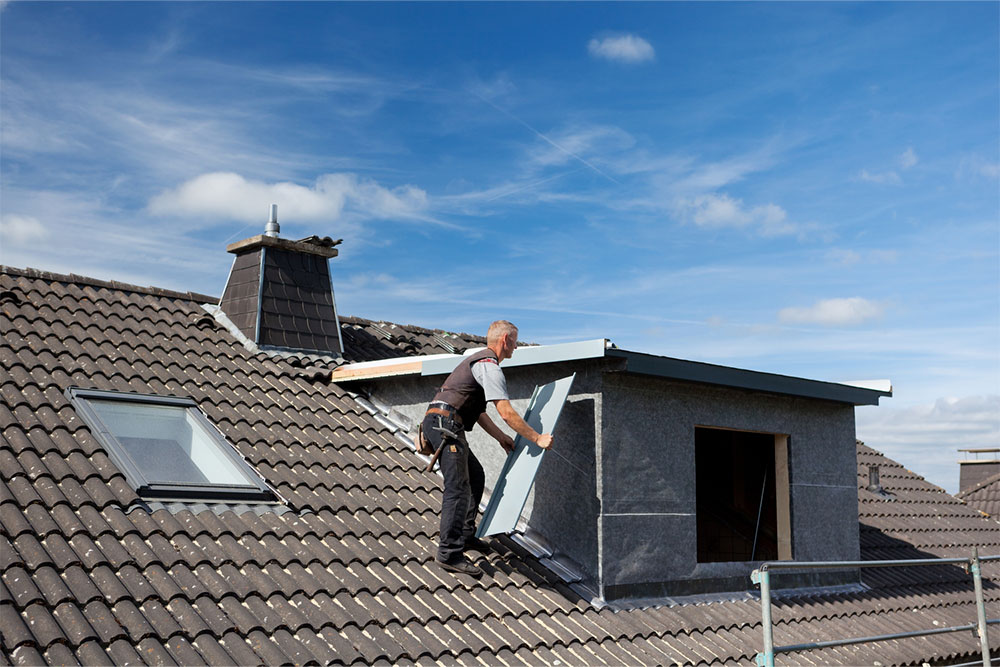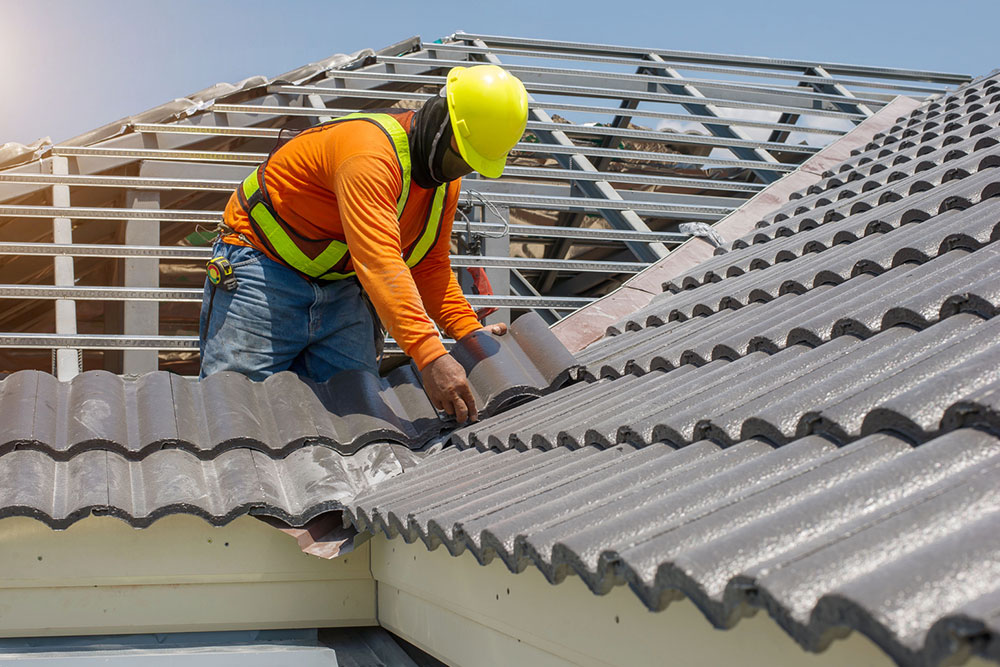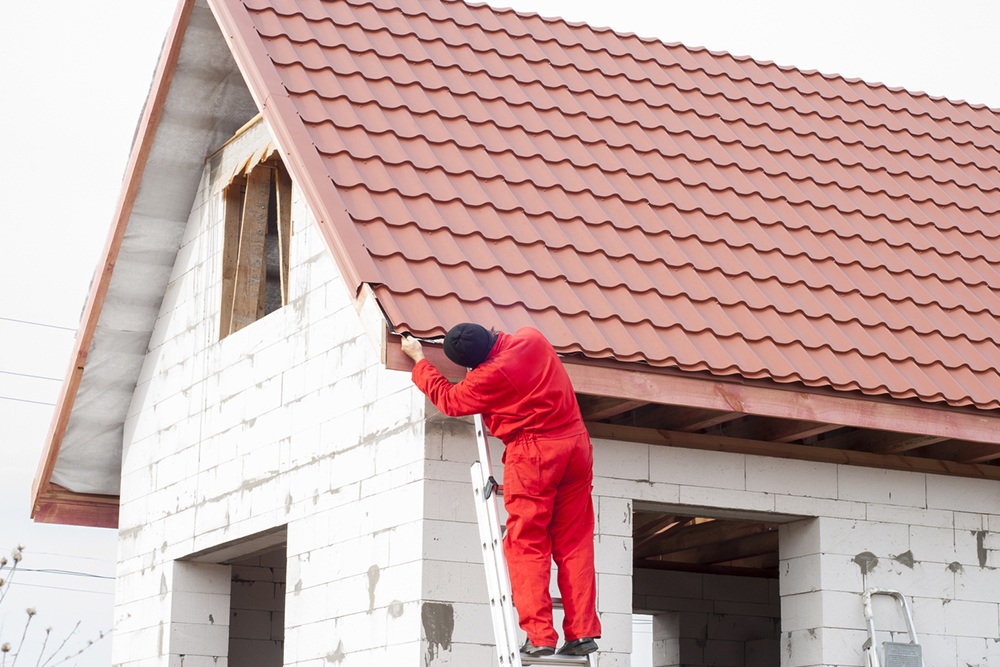Understanding Key Factors Influencing Roof Replacement Expenses
Learn about the key factors influencing roof replacement costs, including material choices, labor, roof slope, and location. This guide helps homeowners effectively budget and select quality contractors for durable and cost-efficient roof upgrades. Understand hidden costs like permits, warranties, and additional services to make informed decisions about your roofing project.
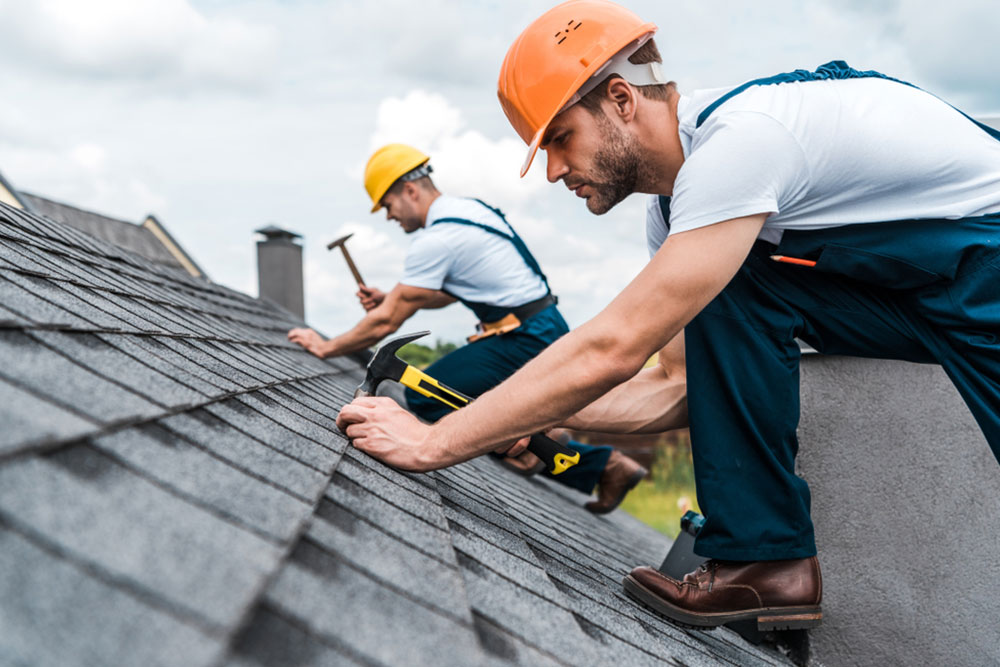
Understanding Key Factors Influencing Roof Replacement Expenses
Replacing an aging roof offers numerous advantages, including enhanced protection from weather, prevention of water leaks, and reinforcement of the home's structural integrity. However, the cost for a new roof can vary significantly based on several factors such as material choices and geographic location. Homeowners planning a roof upgrade should evaluate these aspects carefully to budget effectively and maximize their investment.
Estimated Average Cost of Roof Replacement
Homeowners can anticipate spending roughly $11,000 for a complete roof replacement. Costs generally range from $6,000 to $50,000, depending on materials like copper or clay tiles.
Actual expenses depend on factors such as house size, location, and contractor expertise. Notably, materials constitute about 40% of total costs, with labor making up the remaining portion. Considerations like the roof's pitch, chosen materials, and regional pricing can influence overall expenses.
Major Elements Affecting Roof Replacement Cost
Key factors include material type, labor, roof slope, and geographic area. Popular materials like metal, shingles, or clay tiles vary in price and durability, affecting total costs. Material prices typically range from $3 to $35 per square foot.
Labor Costs
Labor forms a significant part of the total cost, averaging around $11 per square foot or $60 per hour. Seasonality and urgency can raise expenses; scheduling repairs during off-peak times may lead to savings. Local contractors often charge less than national firms.
Roof Pitch and Design
Steep roofs are more challenging, increasing labor and material costs. Flat roofs may cost around $6,600, whereas low slope options could be approximately $7,000, with actual prices varying by contractor.
Regional Cost Variations
Costs tend to be higher in metropolitan areas with greater living expenses. Smaller towns may see costs between $5,000 and $10,000, while urban centers can range from $7,000 to $12,000.
Additional Cost Factors
Extra services like removing old roofing, proper disposal, underlayment, and flashing contribute to overall expenses. Removal costs can range from $1 to $5 per square foot, and new underlayment may cost between $0.50 and $2 per square foot. Flashing installation can vary from $500 to $2,000.
Warranty and Permits
Replacing a roof often includes a warranty for quality assurance, typically costing between $500 and $2,000. Permits, which are essential for compliance, generally cost from $100 to $1,400 and may require several weeks for approval.
Choosing the Right Roofing Contractor
Selecting a reputable contractor is vital. Use online resources with keywords like "best roofing companies near me." Verify licensing, insurance, reviews, and physical address. Experience with specific materials and roof types ensures quality work and cost-efficiency.
Use online searches such as "trusted roof repair experts" to narrow options.
Confirm licensing, insurance, and bonding.
Review previous customer feedback and project timelines.
Ensure the contractor’s office address is legitimate.
Hire experienced professionals familiar with your roof material and style.
Note: If only repairs are needed, it’s equally important to choose qualified contractors. Careful selection helps ensure durability and value.


